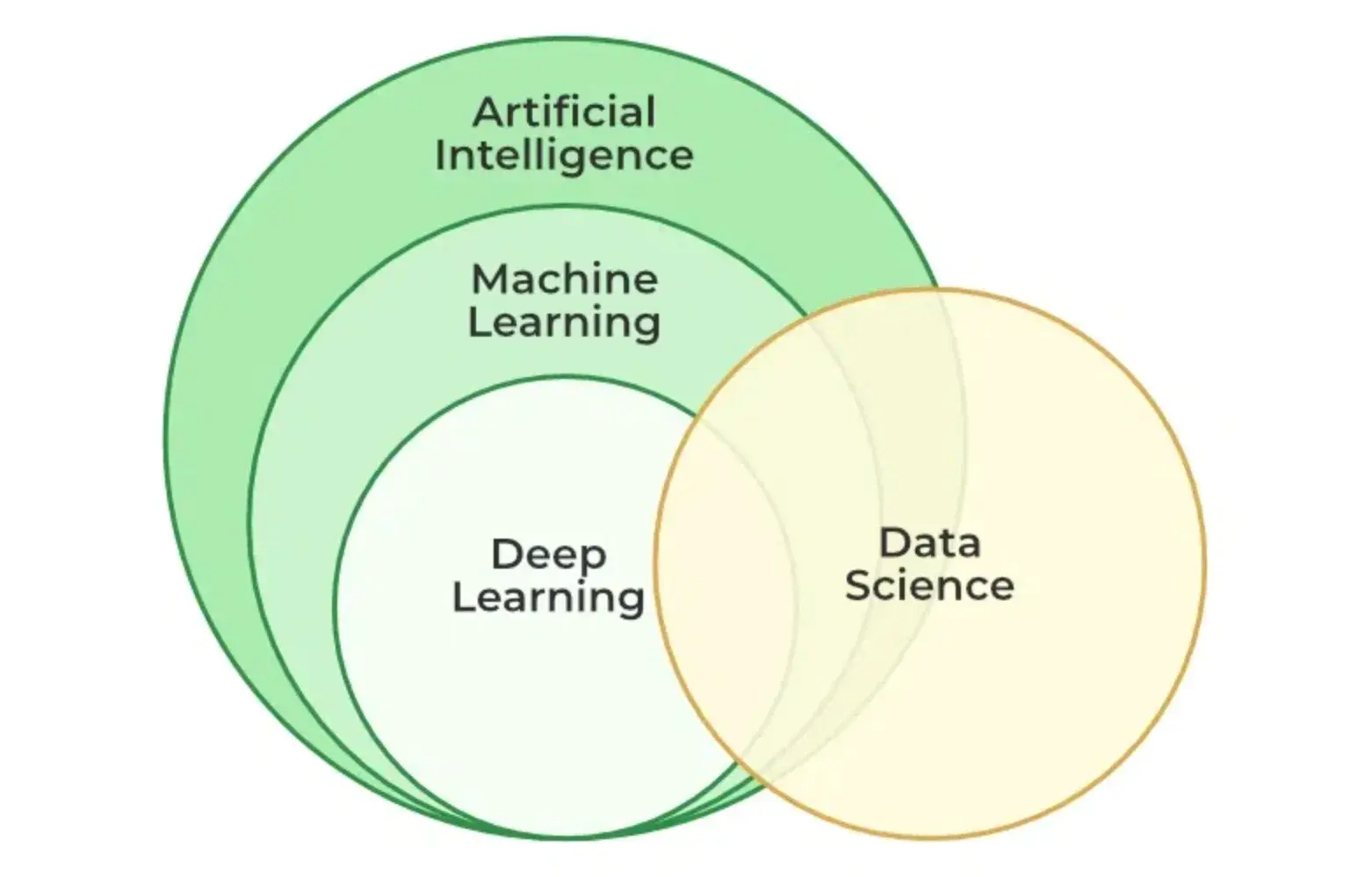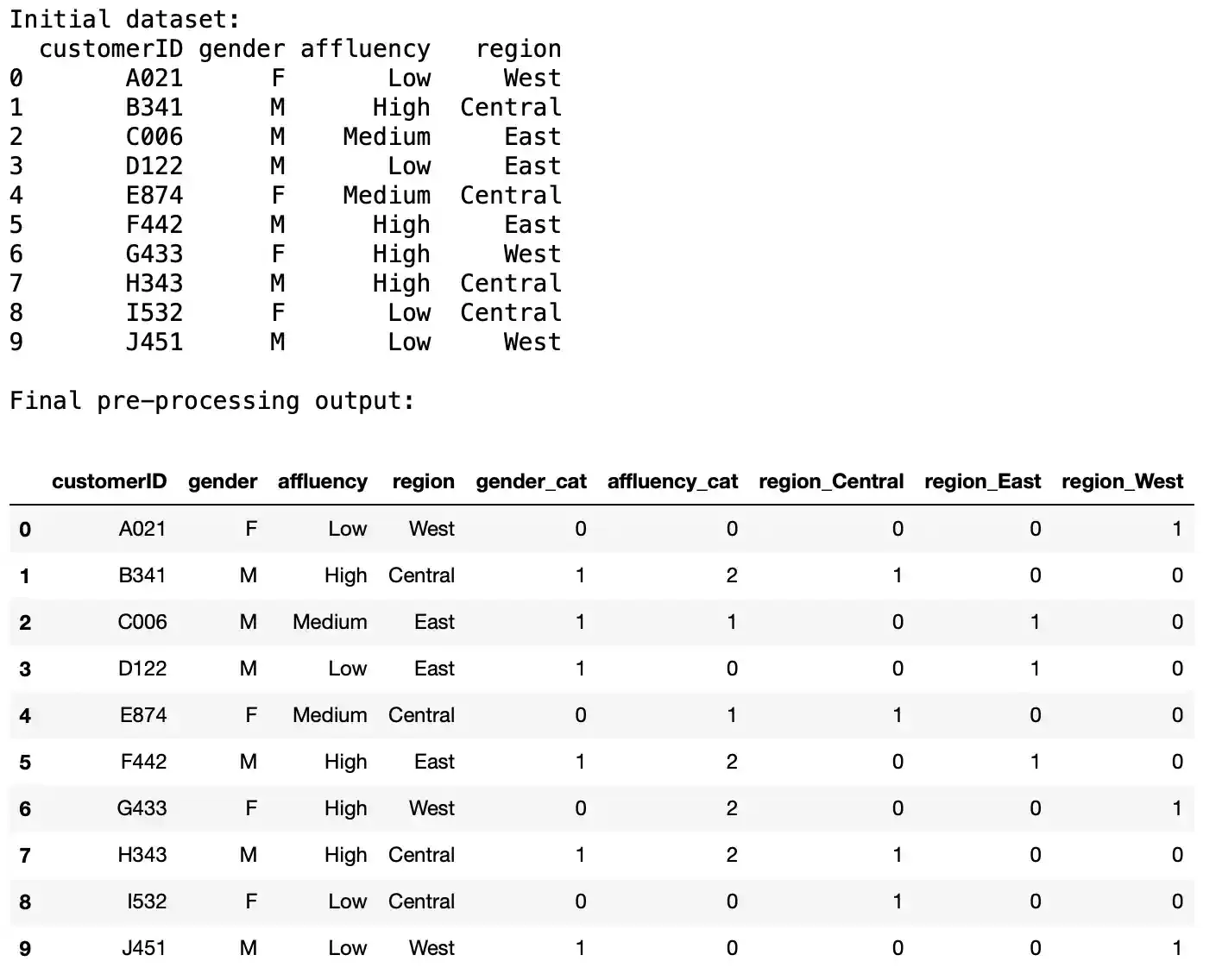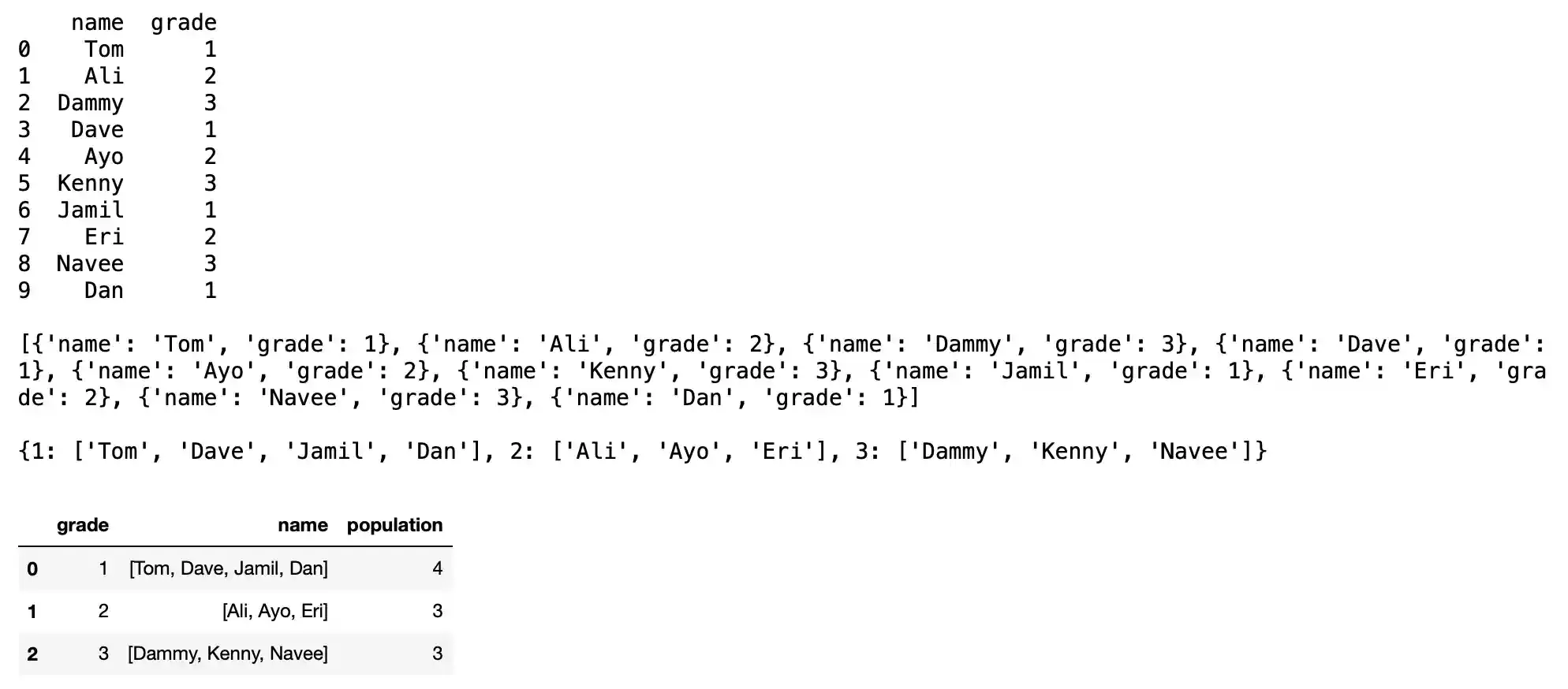
A comparison of Artificial Intelligence, Machine Learning and Deep Learning
September 15, 2024 2 mins read
Deep learning is a subset of machine learning and machine learning is a subset of artificial intelligence (AI). All are within the field called data science.

Exploring the Benefits of Data Visualization in Data Science
May 1, 2024 3 mins read
The next time you are presented with a dataset, remember the power of data visualization and the clarity it can bring to your insights.

The Importance of Data Cleaning in Data Science
May 1, 2024 3 mins read
Clean data is the lifeline of credible analytics. Clean data is not just beneficial - it is critical.

Why Statistics is the Foundation of Data Science
April 17, 2024 2 mins read
From analyzing data to making predictions, statistics provides the framework that data scientists use to make sense of vast amounts of information.

Generative AI: A Simple Guide to the World of Creative Machines
April 17, 2024 3 mins read
Welcome to the fascinating world of Generative Artificial Intelligence (AI)! This post is designed to break down the basics of generative AI in a way that is easy to understand.

Hypothesis Testing and Confidence Interval
December 15, 2023 3 mins read
Most inferential problems can be formulated as an inference about one or more parameters of a population. In this blog post, I explain two types of statistical inferencing. Happy learning!

Your journey into Data Science with Python - A simple guide
July 17, 2023 5 mins read
I am happy to share in simple steps, how to get into the Data Science field. Many programming languages can be used but here the focus is on Python.

Descriptive Statistics with Python
May 27, 2023 2 mins read
In this blog, I discuss some ways of getting descriptive statistics (mean, median, mode, range, percentiles, interquartile range, variance and standard deviation) of a made-up data.

Data Types
May 13, 2023 1 mins read
In this blog I discussed some data types - qualitative, quantitative, discrete and continuous variables.

Descriptive vs. Inferential Statistics: Understanding the Difference
May 5, 2023 3 mins read
In this blog post, I explain The Role of Statistics in Data Science - Descriptive vs. Inferential Statistics: Understanding the Difference.

Label encoding, Mapping and One hot encoding
February 4, 2023 3 mins read
This post outlines data pre-processing of categorical variables using Label encoding, Mapping and One Hot Encoding.

No Data? No Problem! (Sklearn datasets)
December 23, 2022 2 mins read
In this post, I explained how to fetch dataset from in-built library - sklearn and perform simple preprocessing (merging and columns rename) for your data science project.

Dictionary to DataFrame and back to Dictionary
November 17, 2022 2 mins read
This sample code shows how to create a DataFrame dataset from a Dictionary, convert it to a Dictionary in order to perform some operations and then convert it back to a DataFrame.

How to import various dataset format (Python)
November 6, 2022 3 mins read
In this post, I shared easy ways to import the following file formats for use in Python environment for analysis; .csv, .xlsx, .dat, .data, .parquet, .json, html, sqlite, .txt.

Some Techniques to fill NaNs
November 4, 2022 5 mins read
Methods such as forward fill, backward fill, cumulative & reverse cumulative sum were used in this post.

Flexible Aggregation - Python
June 17, 2022 3 mins read
This post shows a way to aggregate data in a very flexible way. All you need is to modify to your use-case. Feel free to like and leave comment below. Good luck!

Git Bash Commands
May 15, 2022 5 mins read
Here, I compiled common Git commands I have used in the course of my development journey. Use, like and leave comments.

Working with Git and GitHub
May 7, 2022 5 mins read
This post describes how to use Git and GitHub to work and connect remotely to your projects. Feel free to use, like and leave comments.

Pascal's Triangle
April 9, 2022 2 mins read
Pascal's triangle, in algebra, is a triangular arrangement of numbers that gives the coefficients in the expansion of any binomial expression, such as (x + y)^n.

Multi-Class Classification - Logistic Regression
April 7, 2022 5 mins read
This simple code shows how to use Logistic regression for multi-class classification
using the iris dataset.
The dataset contains 150 samples for 3 different types of irises.